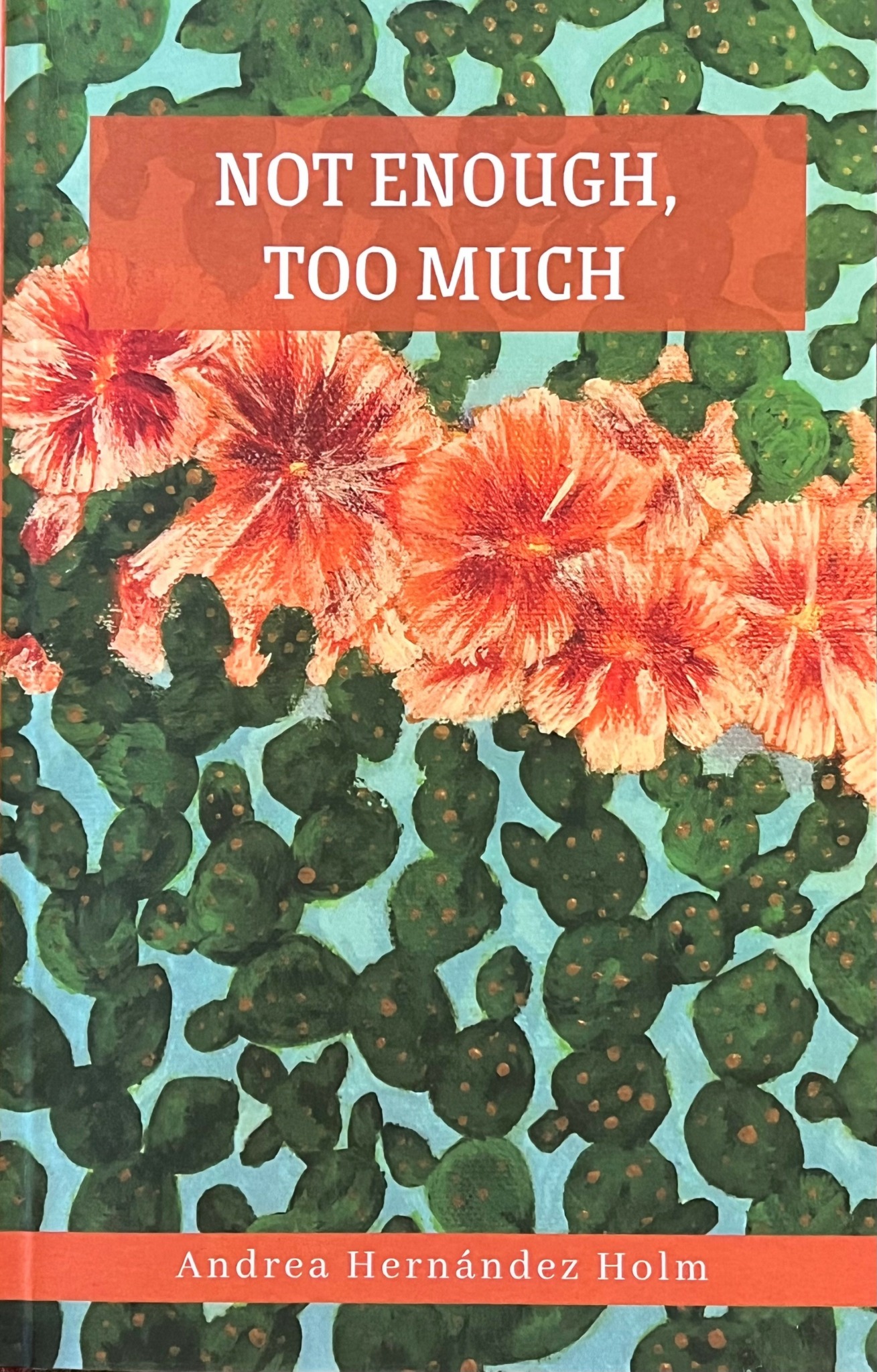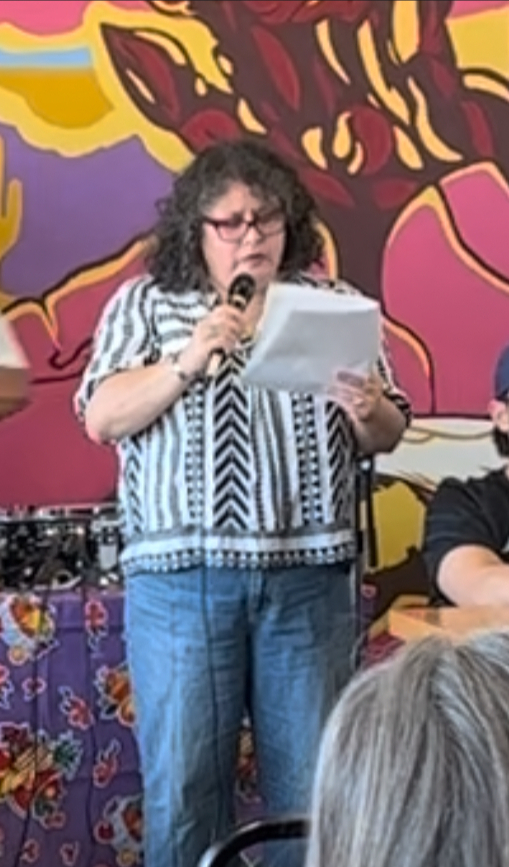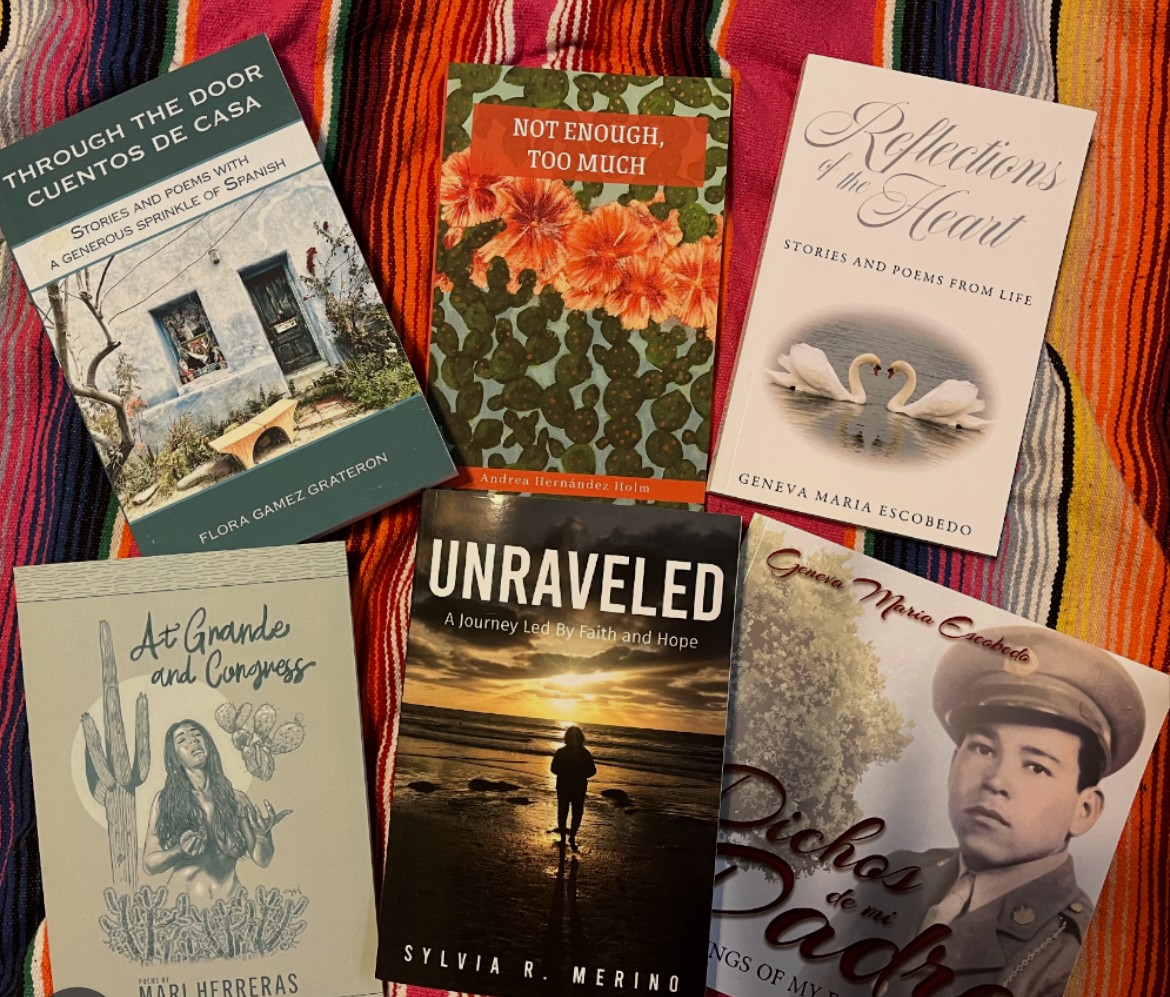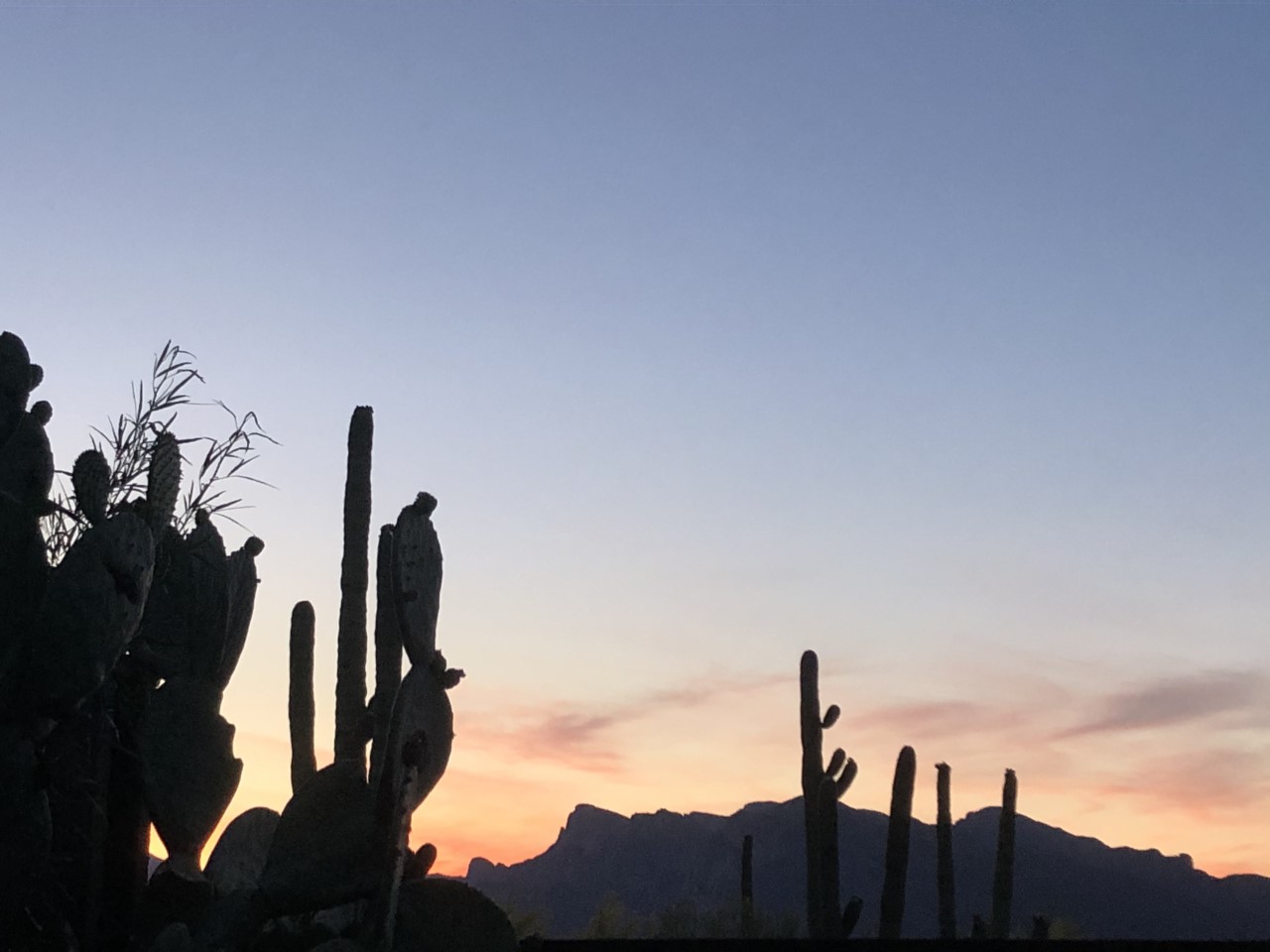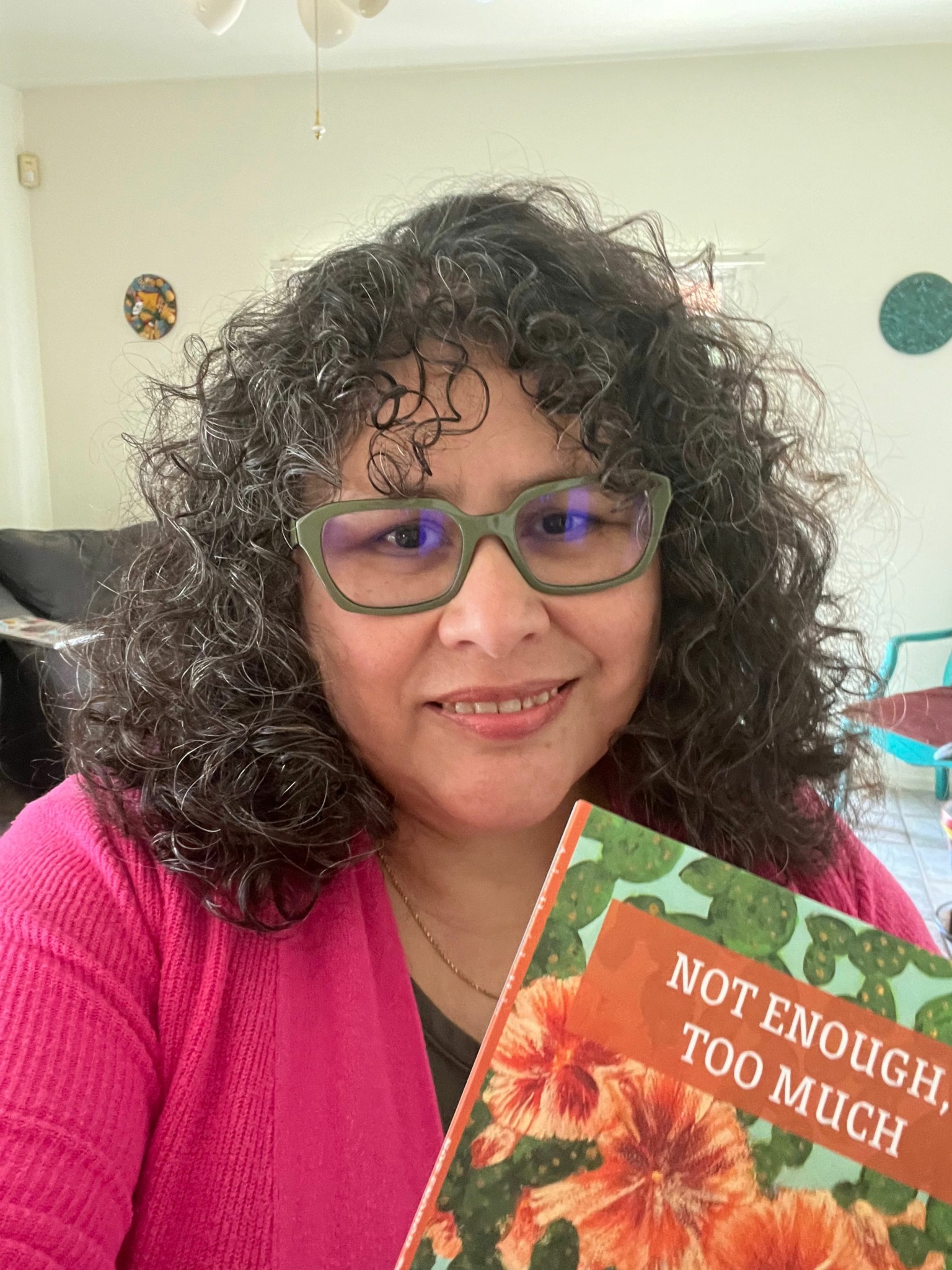We’re excited to introduce you to the always interesting and insightful Andrea. We hope you’ll enjoy our conversation with Andrea below.
Andrea, looking forward to hearing all of your stories today. What sort of legacy are you hoping to build. What do you think people will say about you after you are gone, what do you hope to be remembered for?
I hope that people who experience my writing– my poetry, essays, or even academic writing– come away with a refreshed awareness of the significant role that place, family, culture, and community have in shaping identity. I speak about these relationships between individuals and others, including land and spaces, as formative to the ways that we understand ourselves, our value, and our potential. For so many of us, these relationships have been lost or changed, but they can also be restored, recovered, and revitalized.
In addition to being a poet and writer, I work as a writing support specialist. I hope that my clients leave our encounters feeling more confident in their own abilities to use written language to convey their ideas and questions about the world.
Writing is an important tool for humans to communicate, but also to explore, develop, and assert.
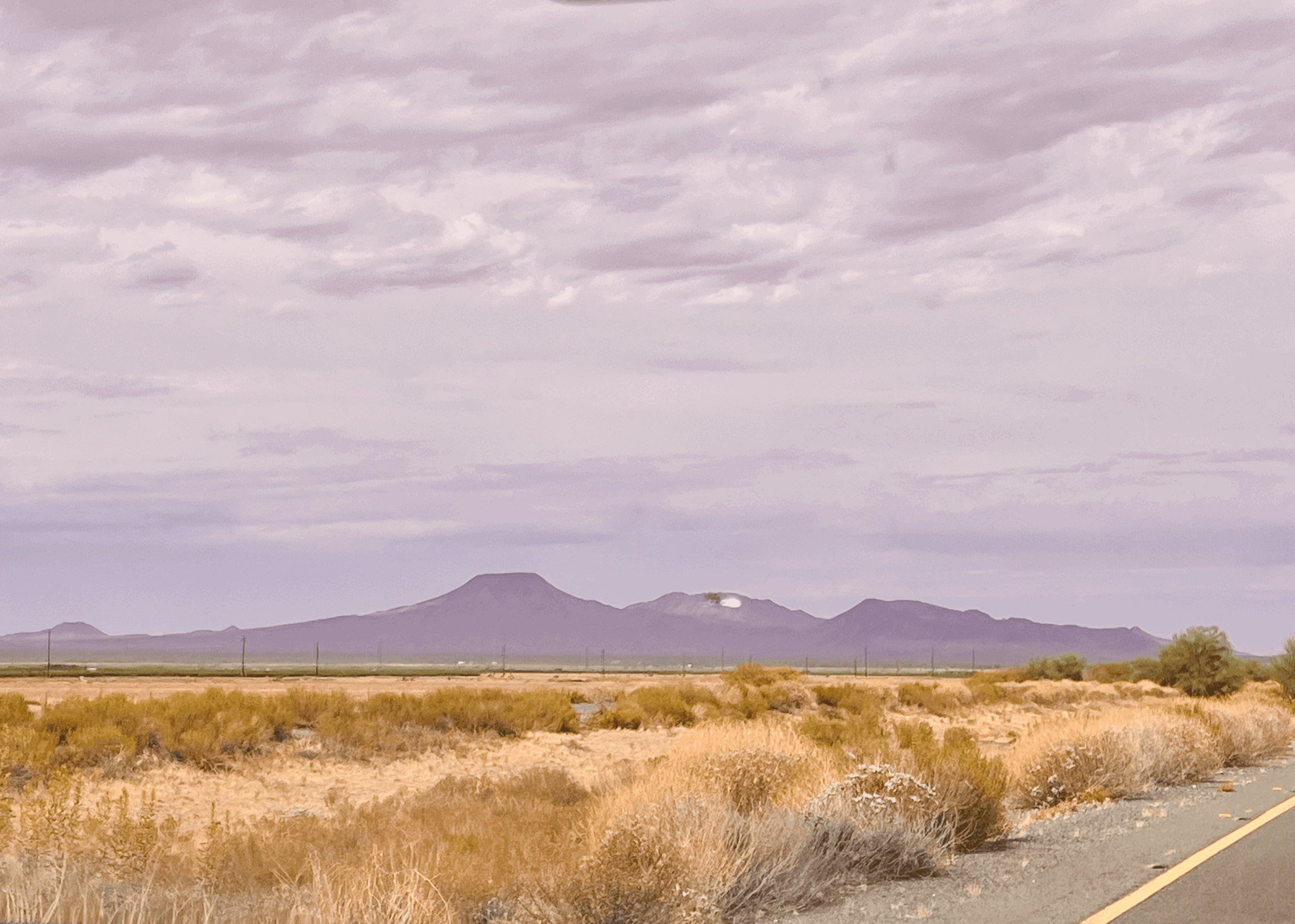
As always, we appreciate you sharing your insights and we’ve got a few more questions for you, but before we get to all of that can you take a minute to introduce yourself and give our readers some of your back background and context?
I am at the half-century mark in my life and finally speaking the quiet parts out loud, shifting from fumbling through ‘I write poems in my spare time,’ to understanding that everything else I do is the spare and poetry is the heart in my life. That may sound foolish, perhaps a bit contradictory because my poems have been out in the world for more than a decade, but it has only been in the last few years that I’ve started to wholly embrace and own the possibilities and responsibilities of who I am as a poet. And, as I do move into this second half of my life, I am slowly but surely coming into my voice and purpose.
My poems are my responses to the energies that have shaped my life. I am a Mexicana from the U.S.-Mexico Borderlands, born from people who have navigated borderlands for centuries. We moved among the high deserts of northern Mexico and then the southwestern U.S., propelled often by colonial violence enacted against us as Indigenous people and as Mexicanos. Those violences have changed over years, manifested differently through wars, laws, and practices, but persist. As individuals, families, and communities, we continue to survive these violences because we won’t suffer in silence, we won’t allow our joy to be stolen, and we won’t lose our sense of who we are.
I began sharing my poetry publicly most notably in 2010, when my home state of Arizona implemented the racist bill SB 1070 and other efforts that worked to legalize discrimination against people of color, immigrants, and Ethnic Studies programs. I could not be silent in the face of clear and brutal efforts to disappear and silence the histories and presence of my community and others like it. I was invited to join the moderating panel of the group, Poets Responding, and assisted in establishing and facilitating a regular conversation and public sharing of poetry by international poets that continues today. As part of this group, I presented at national conferences about the urgency of action against discriminatory laws and the power of poetry to shape public perceptions of social justice. Several of my poems generated during this time were published and two were later translated into Spanish for additional publications. In addition, the poem “In Response to the Man Who Asked, “Why do your people march for everything?” was re-published in late 2024 in Putting the Movement back into Civil Rights Teaching, a textbook published by Teaching for Change. I am proud that I have maintained a writing and publishing momentum over these last several years and my first collection of poems, Not Enough, Too Much, was published by FlowerSong Press in February 2024.
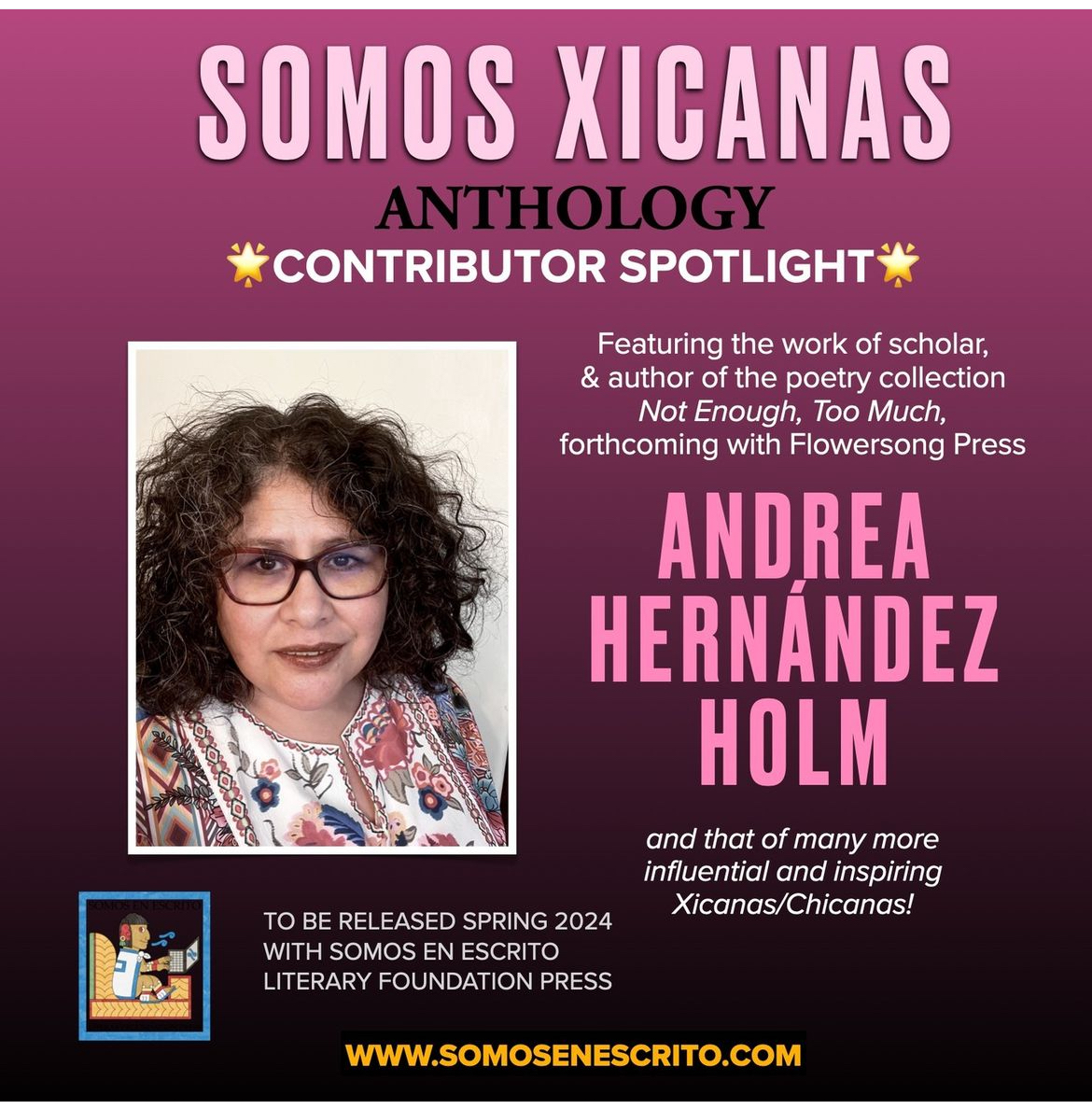
Can you share a story from your journey that illustrates your resilience?
To be Mexicana in the Borderlands requires courage– necessitates resiliency and the tenacity to move even when forces work to hold me back. It also requires an element of stealthiness as I navigate a social environment that has historically excluded my communities and me. I learned to guard my truths and mask my vulnerabilities to survive and to protect pieces of myself. But sharing my poems with the world is a responsibility I’m fully prepared to accept. This is how I can contribute to efforts to ensure that our experiences and voices are heard now and in the future, and to occupy space in conversations from which we have been historically excluded. I am making space for us to persist.
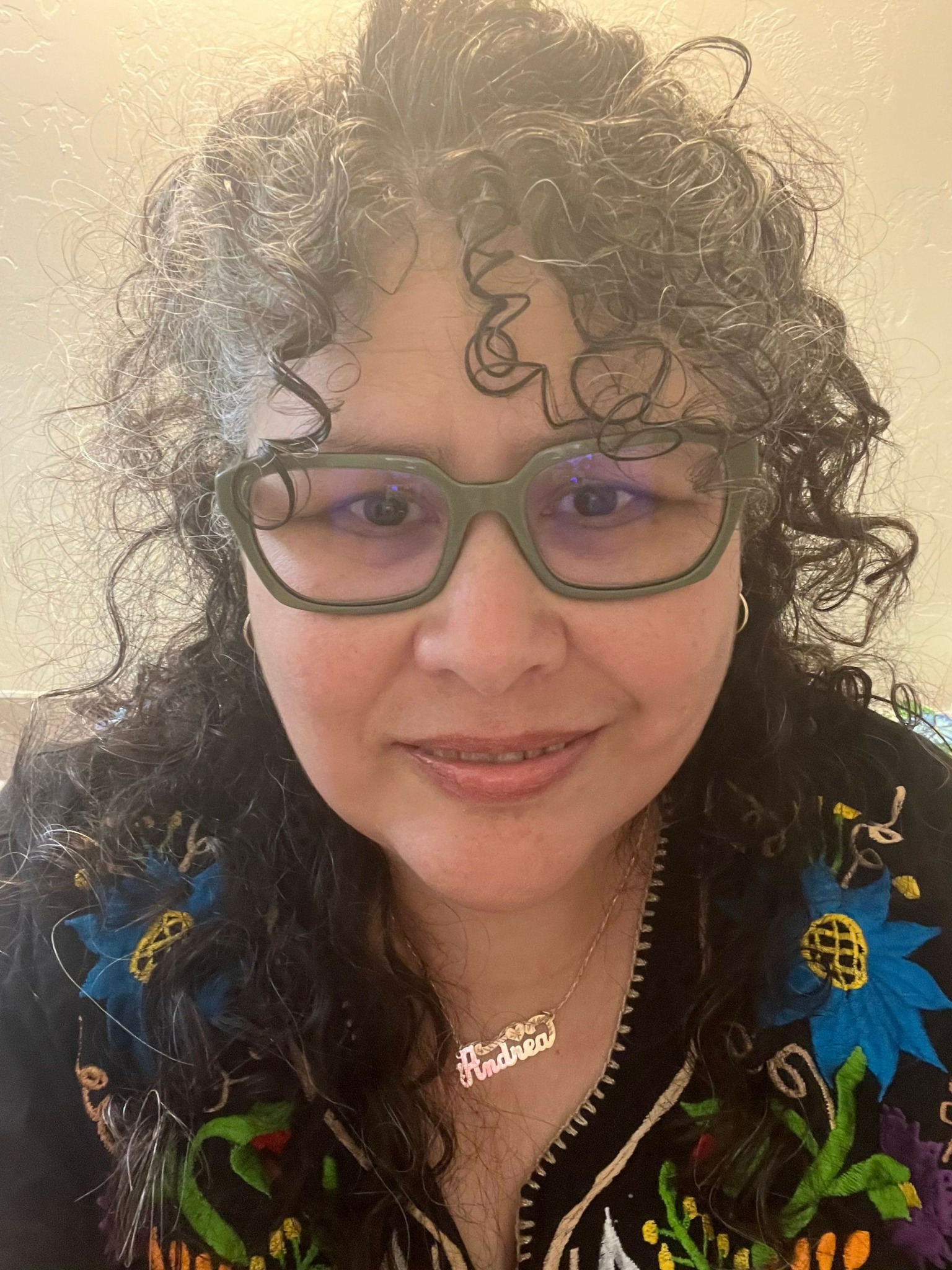
For you, what’s the most rewarding aspect of being a creative?
I see the opportunity to be in company and build community with other like-minded artists as one of the most rewarding aspects of being a creative. Community has and continues to be significant to my writing. For many years, I was member of Sowing the Seeds of Tucson, a collective of women writers focused on uplifting other women to write. In addition to publishing two anthologies, we held writing conferences for the public, workshops for special populations, and presented at local events to share the message that writing is a power that belongs to women of all backgrounds. We supported women who aspired to be writers, women who had never written before, and women with every interest in writing in between. Our goal was to provide space for women to experiment with writing as a tool to express and save their experiences, musings, imaginings, and more. I strive to continue contributing what I’ve learned from these types of experiences–genuine support and encouragement– as I bear witness to others’ journeys.
Contact Info:
- Website: https://ahholm.wixsite.com/andreahernandezholm
- Instagram: @ahholm
- Facebook: @Andrea Hernandez Holm
- Linkedin: @Andrea Hernandez Holm
